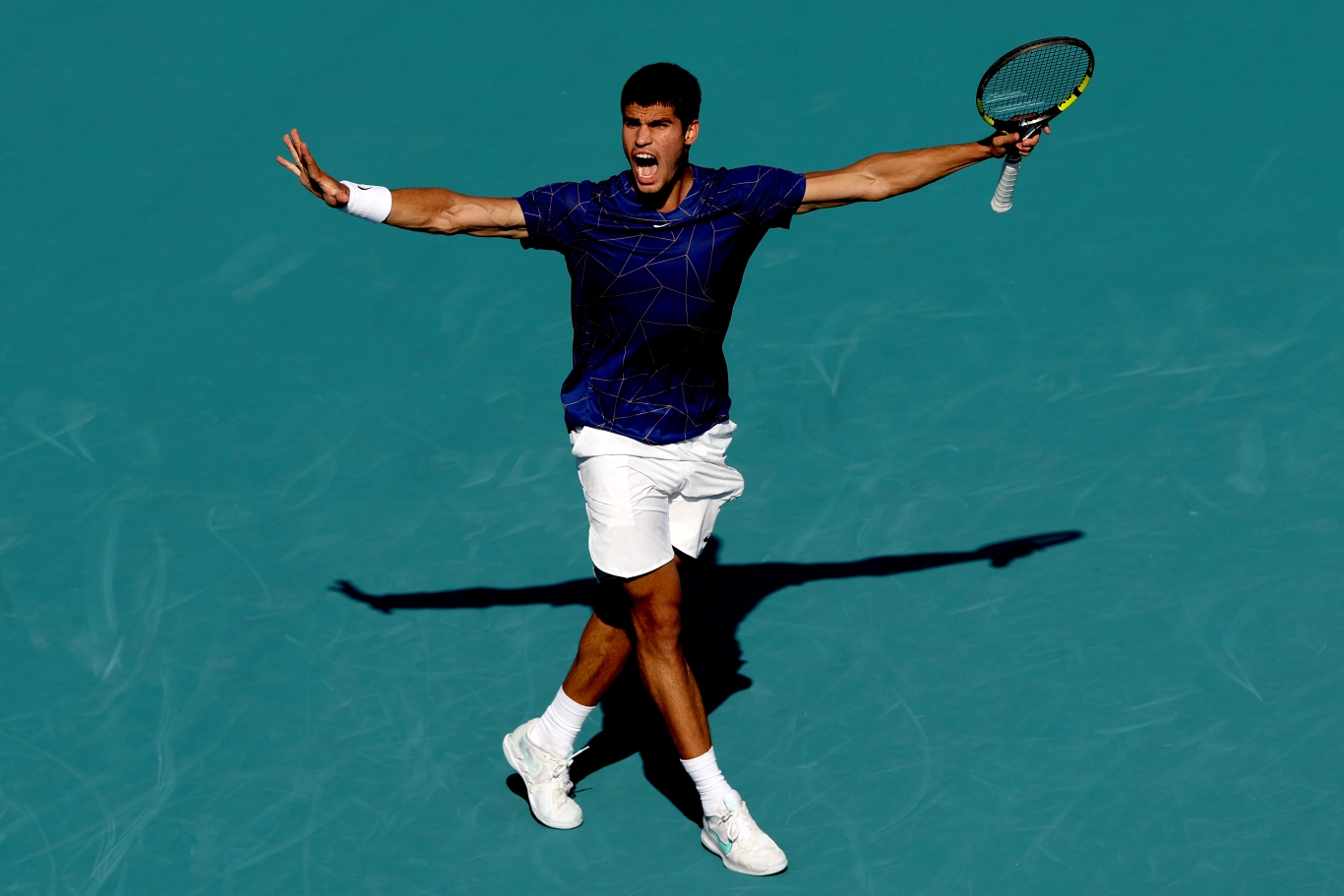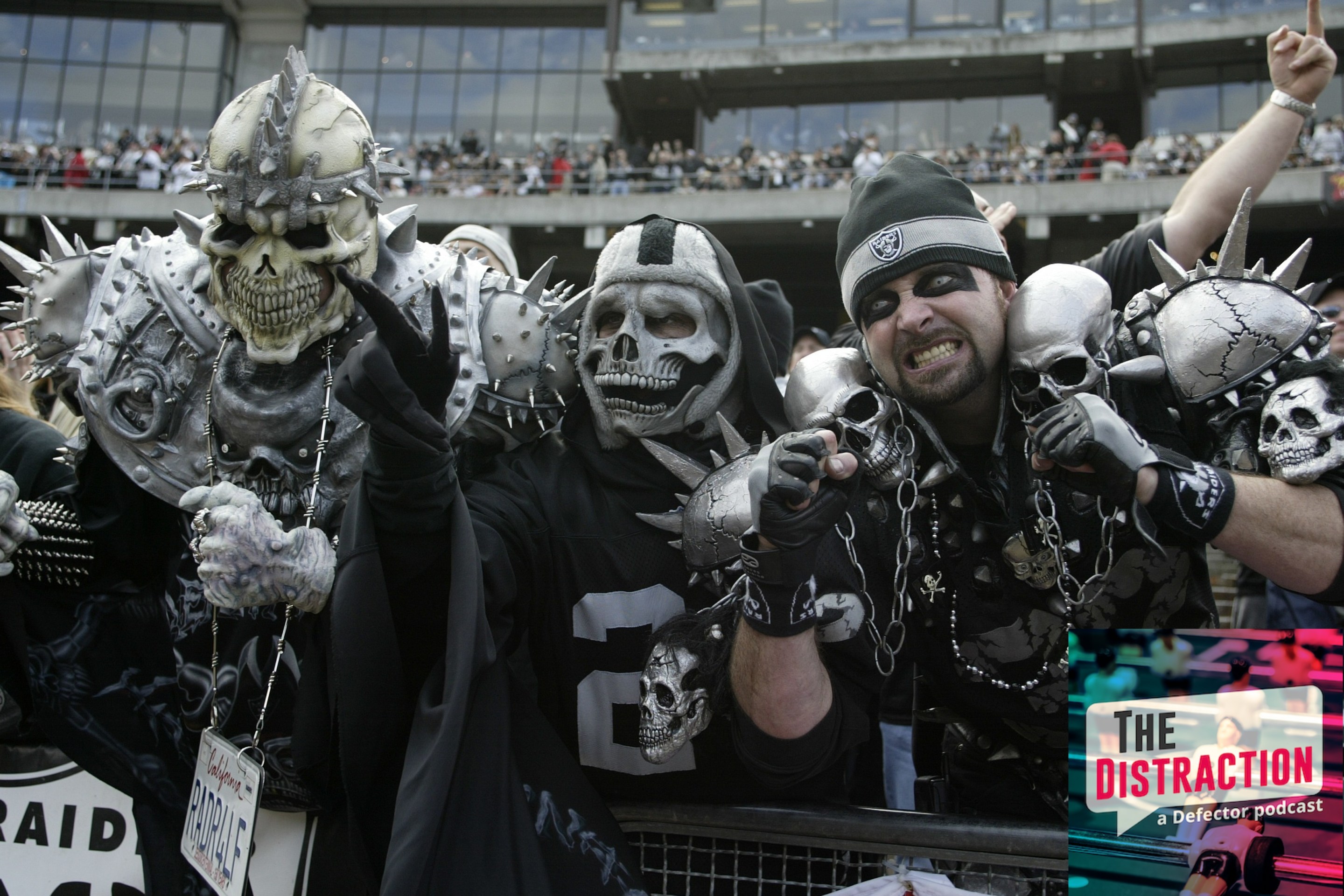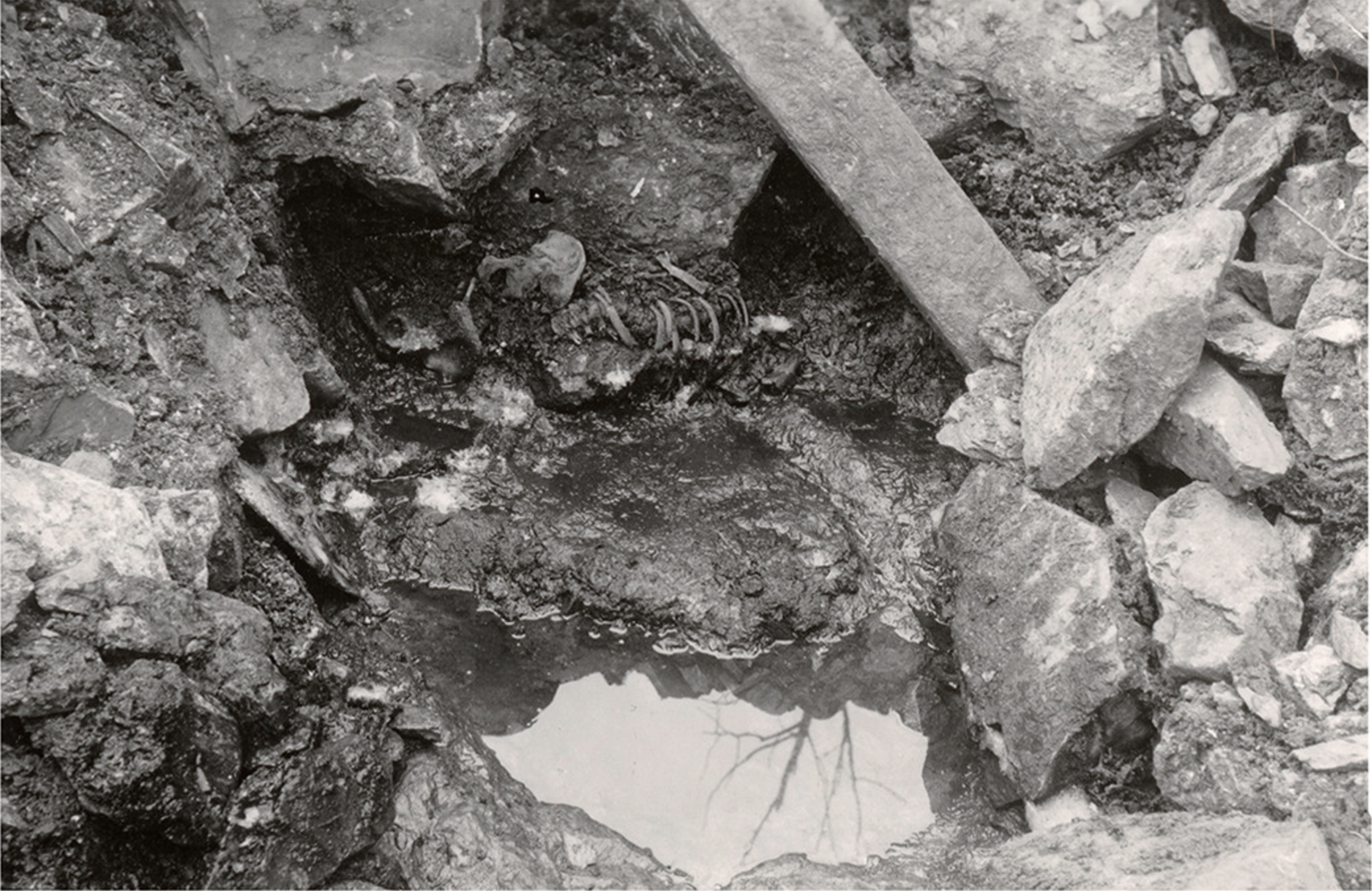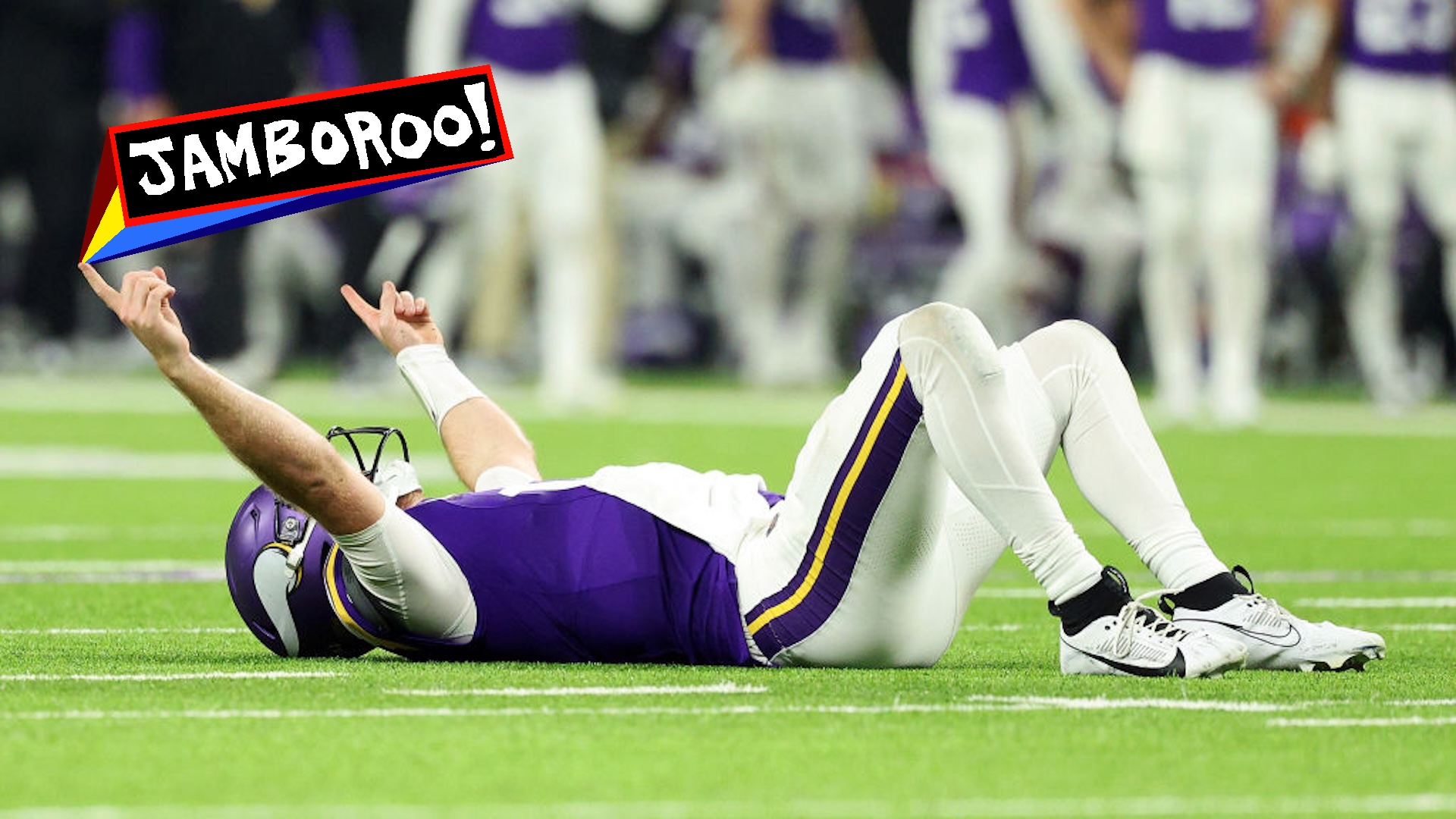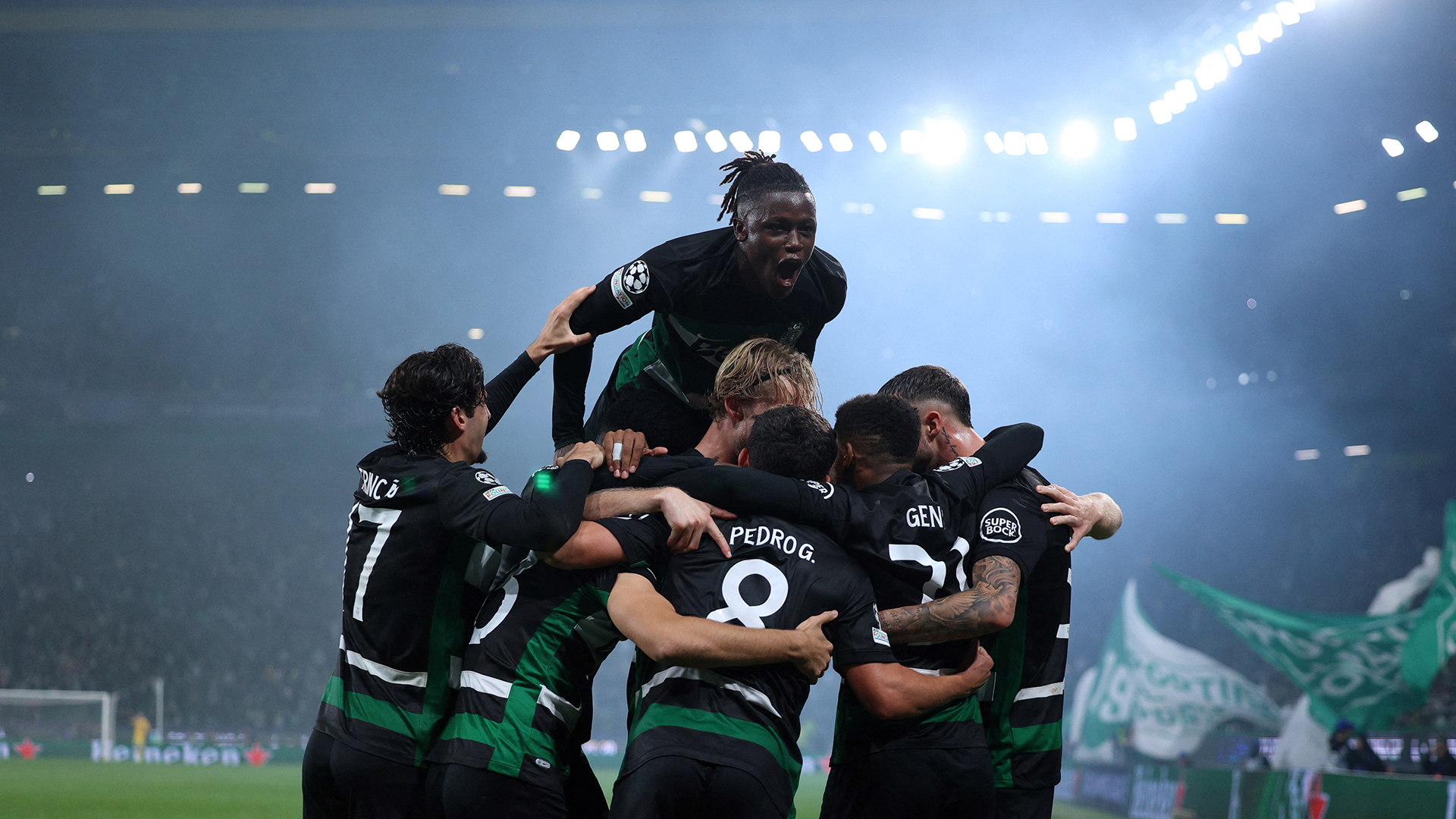Hype is contagious, and fun, and by design, it robs you of any sense of history or proportion. It keeps you deliriously rooted in the future tense. Whenever some fan or broadcaster or coach—in tennis these are increasingly all the same guy—starts to gas up a new kid on the men's tour, and the hype begins to get a little grating, I'll restore my frame of reference. Every so often you must consult the sacraments. Boot up, say, some 2009 Australian Open final highlights, starring Roger Federer and Rafael Nadal in their physical primes. Then you realize that this level of tennis—people running as quickly as anyone has on a tennis court, executing some of the most technically demanding shots that anyone has ever dared attempt—is extinct. Athletes who've attained absolute physical and technical transcendence are not just stumbling into the sport every other year. And the Big Three is still very good. Nadal was a fractured rib away from a perfect 21–0 start to the season. But there's a lot of mileage on those bones, and they cannot do what they used to do. I enjoy the present state of tennis a lot, find there is more then enough to be entertained by and to chew on, but I am clear-headed enough to acknowledge that whatever's happening now is not whatever that was. I figured that would never came back again, and was happy to have seen it at all. Until one Carlos Alcaraz came along.
Out with the part that feels stupid and unutterable: Alcaraz could be ... better than those three guys? He is, at least, a more complete player than they were at 18, and the career trajectory he's on makes it malpractice to ignore him any longer. Think of any discernible tennis skill you can think of; it doesn't matter if you have the local jargon for it ("pace," "footwork") or just a general impression ("hits the crap out of ball," "runs around well"). Then look at Alcaraz and see that skill perfected: speed, pace, balance, improvisation, touch, consistency, anticipation. A teenager might be a prodigy if they possessed just some of these qualities. I don't really know what word to assign a player who boasts all of them—except the serve, his one area for improvement—at a top-5 level. Every week this season has brought confounding new developments, as the specimen mutates unpredictably in a hard court petri dish. Suddenly he has the best drop shot on tour? Now he can execute precision tweener lobs? Two weeks ago in Indian Wells he scrapped against Nadal in an unplayable wind storm, and narrowly lost; this Tuesday in Miami he hit his highest level yet, bullying around Stefanos Tsitsipas. The last time they met, Tsitsipas said he'd "never seen someone hit the ball so hard," and this time around, and Alcaraz has picked up lots of new black magic since. This is either the stuff of dreams or nightmares, I'm having trouble deciding, but it's impossible to look away:
I don't play foosball often, but there's something usefully responsive and explosive about a foosball goalie. It's the one little dude, sliding smoothly along a horizontal, ready to be spun to hell at a twist of a wrist. This is somehow also what I see when I watch Carlos Alcaraz in a baseline exchange. He stands up at the line, never ceding more than an inch as necessary, and glides along it, waiting to meet the ball with destructive force, smooth in his movement but full of coiled rage. Then he resets instantly, keeps gliding around, and does it again, melding caffeinated teen dynamism with a multi-major winner's point construction. There's this fluid, unrelenting quality to his play that I do not usually ascribe to animate objects, or anything that needs time to recover from physical exertion. From 2–5 down in the first set against Tsitsipas, Alcaraz strung together five straight games, games he probably would've won against anyone alive, games in which he seemed to conjure advantages in rallies when none seemed possible, even when Tsitsipas had placed a heavy ball deep into the court. A ball that an average player would be happy to return down the middle has, somehow, become a ball to smack 102 mph at a severe angle. Inevitably he is described as some unholy mashup of the Big Three's best qualities, but I hope this more humble comparison to a painted figurine on a metal pole keeps him grounded.
If this is your first introduction to Alcaraz, know that his rate of improvement has been alarming. In the 2021 season, he ascended 99 ranking spots and ended at No. 32. What a respectable pro might accomplish over the prime of their career, he compressed into the season during which he turned 18. That spring he broke into the top 100; in the summer he was racking up wins, getting his first tour-level title, and still losing to occasional journeyman; by fall he was regularly beating top 10 players, most notably Tsitsipas in a five-set epic at the U.S. Open. He rolled into 2022 noticeably yoked, became the youngest player to break into the top 20 since 1993—younger even than Nadal, the previous standard for prodigies in the modern game—and netted a 16–2 record. His current rank of No. 16 undersells his actual talent level; Elo rankings, adjusting for quality of competition, already have him at No. 5. This is all before the tour even arrives at his preferred surface, the clay. Teenagers don't win majors anymore on the men's side; let's just neutrally observe that he'll be 19 at the upcoming French Open and has already given Nadal a headache.
This took so long to write because I am trying to overcorrect for past sins. Like so many other ATP fans, desperate for novelty, I must now repent for praying to so many false idols, supposed saviors from the old hegemony. Sascha Zverev was never going to be The Guy, or, it turns out, a decent guy. Denis Shapovalov broke out early and thrillingly, but it is now possible to go long stretches forgetting he's around. Stefanos Tsitsipas still has so much to patch up. Felix Auger-Aliassime and Jannik Sinner are consummate pros, prodigies by the normal standard, but they're about to get leapfrogged. Daniil Medvedev, the best of his generation, will soon be are reminiscing fondly about the good old days, when he only had to take down legendary geezers to win big titles. The very existence of Carlos Alcaraz is going to make all their lives much harder, on a weekly basis. Here, after so many deflating hype cycles, is the real thing, still years out from his physical prime. We know that he can unlock tennis of the highest order—so long as he can find an opponent, somewhere, good enough to keep up for a bit.
